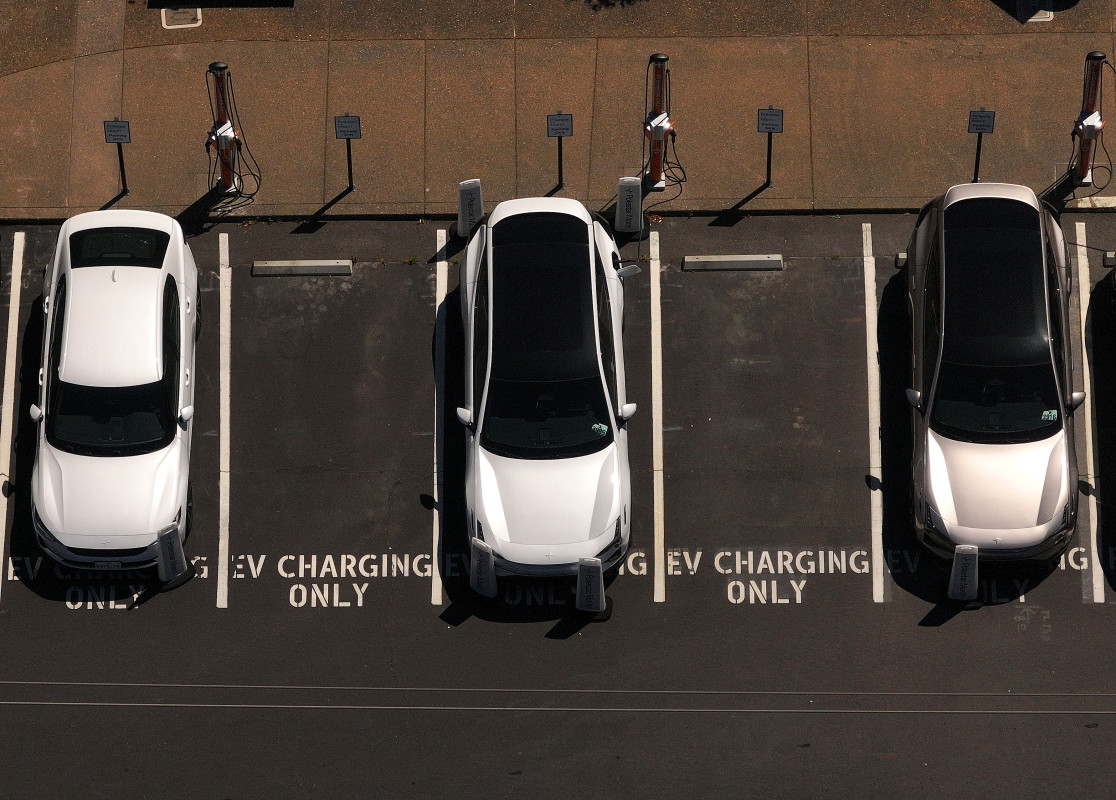Exploring EV Battery Longevity

There’s been a lot said about electric vehicle (EV) batteries and their lifespan. Some folks are convinced these batteries won’t last more than a few years before bank-account-draining replacements become necessary. However, research tells a different story. A study from British firm Geotab examined over 10,000 electric vehicles and found that EV battery packs degrade at a modest rate of 1.8% annually. With this rate, an EV could retain 64% of its original range after 20 long years, and that’s more time than the average American car remains on the road, which is about 14 years.
Dependability Insights

Battery failures are nowhere near as widespread as some might assume. Geotab’s findings reveal a less than 0.5% failure rate in electric vehicle batteries developed over the past decade. For context, this rate is lower than for many traditional car parts, such as radiators or alternators. The twist here is that most of the range loss occurs in the early years, after which it generally stabilizes. There can be a slight uptick toward the batter’s end-of-life, but by then, the EV is possibly hitting the two-decade mark.
Climate also plays a role. Warmer climates, such as those in Arizona and Florida, could lead to faster battery aging compared to cooler regions. Still, technological advancements in battery management systems aid significantly in temperature control, helping lessen this risk.
Smart Maintenance Tips
Being savvy about charging can further prolong an EV’s battery life. For nickel-based battery chemistries like NMC and NCM, ideally, aim to keep the charge between 20% and 80%. Lithium-iron-phosphate (LFP) batteries are more forgiving but don’t go overboard with full charges as it may affect longevity. DC fast charging can lead to more significant heat production than Level 1 or 2 charging modes, reducing the battery’s lifespan over time. Parking in a cool place, such as a garage or shaded area, especially on hot days, can slow degradation rates effectively.
Conclusion
It’s clear from the data that while EV batteries do age, they are far from the ticking time bombs or persistent trouble spots once thought to be. With a bit of attention to charging habits and storage conditions, today’s EVs can carry on for 20 years or more, potentially making electric vehicle ownership not just feasible, but sensible for the long term.
Kangoo Limo Unveiled
New Koenigsegg Teased
2026 Cherokee Unveiled
Toyota Prices Rising
Toyota Takes Flight